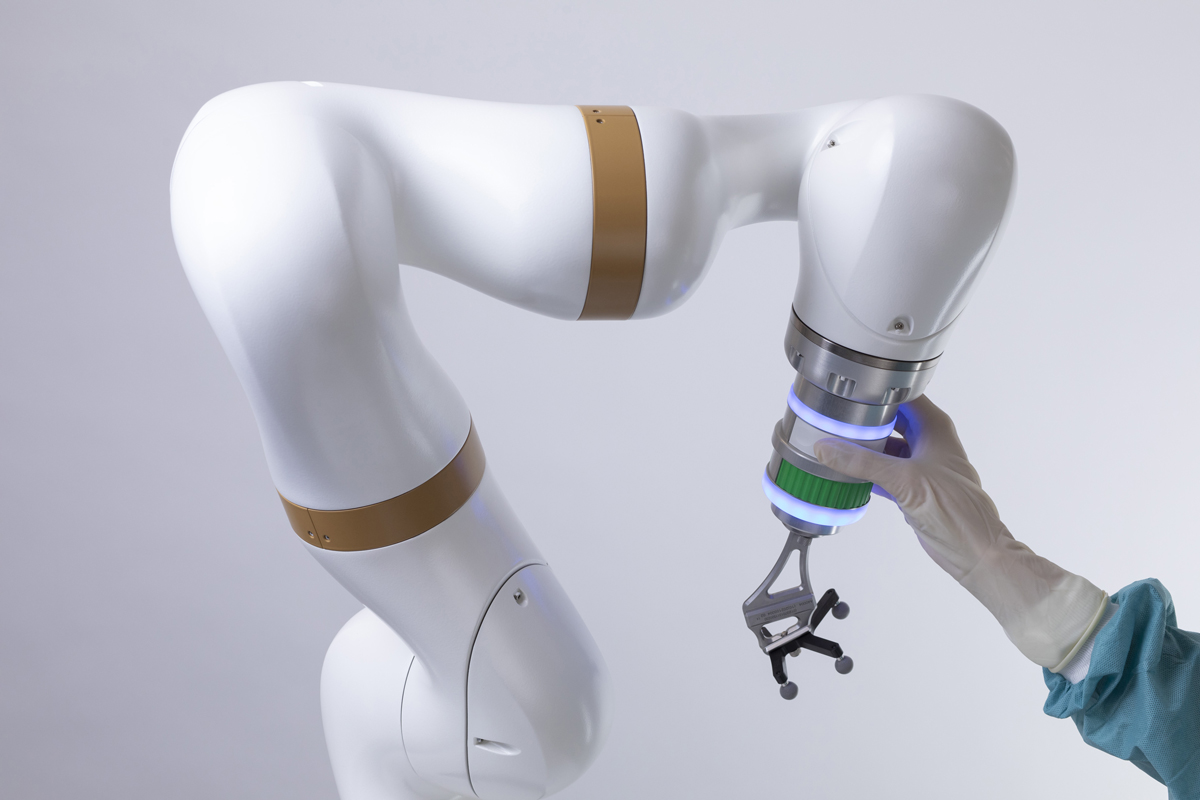Iced protein coffee gives energy. It also provides nutrition. You get both in one drink. Coffee has caffeine. It wakes the mind fast. Protein provides building blocks. These are needed for muscle and tissue repair. These ingredients make a refreshing drink. They are also nourishing. The drink has macronutrients. They help with energy and recovery. It works naturally. Knowing what is inside helps us make good choices. It is important to know macronutrient content. It helps with daily health.
Macronutrients include protein, carbohydrates, and fats. They fuel the body. Protein powders give you a lot of protein. Coffee has very few calories. Milk or cream adds fats and carbs. They change the drink. Some powders have small amounts of carbs. These come from natural sources like oats or sweeteners.
Protein is important
Protein is important. It helps with muscle growth. Iced protein coffee has it. Protein powders offer good protein. The body uses it well. This protein gives amino acids. These are needed to repair muscle fibers. Muscle fibers get stressed during activity. This drink helps you recover faster. It also boosts your strength. Protein helps you feel full. This can aid in weight control. The protein content makes iced protein coffee a good nutritional choice. It helps with balanced eating. It meets daily protein needs.
Whey, casein, and plant-based proteins digest at different rates. Some digest fast. They provide quick amino acid delivery. Others digest slowly. This impacts how the drink helps with muscle repair. It also affects feelings of fullness over time. Protein amounts vary. They usually range from fifteen to thirty grams.
Carbs give us energy
Carbohydrates in iced protein coffee give energy. They are the main fuel for exercise. Some protein powders have carbs. They add flavor. They help with energy balance. Milk and plant-based milk alternatives have natural sugars and carbs. They add these to the drink. These carbs help refill glycogen stores. They get low during exercise. Caffeine in coffee can help with carbohydrate metabolism. This supports energy use. Carbohydrates in the drink help maintain energy. This includes both physical and mental energy. Understanding carbohydrate sources helps integrate the beverage into meals. It is important.
Fats are important
Fats in iced protein coffee mainly come from milk cream or added oils. These fats give essential fatty acids. They are important for hormone production. They help brain function. Fat slows digestion. This can extend energy release from the drink. Some protein powders have healthy fats. These come from nuts, seeds, or coconut. They add nutrition. Fats have a creamy texture. This improves the mouthfeel. It makes the drink more satisfying. Fats are important. They add taste. They also provide nutrition.
Low-fat versions help people watch their calories. They also reduce fat intake. Full-fat options have more calories. They give longer-lasting energy. This is good for demanding physical activity. The choice of fat content varies. It depends on goals and dietary needs.
Conclusion
Iced protein coffee has protein, carbohydrates, and fats. They mix in different amounts. Protein helps repair muscles. It also keeps you full. This improves nutrition. Carbohydrates give energy. They help with exercise. They support brain function. They boost stamina. Fats provide important nutrients. They also enhance taste and help with digestion. Understanding the macronutrient breakdown helps. It fits the drink into balanced eating. Choosing the right ingredients is important. It makes iced protein coffee a good part of daily wellness.














Comments